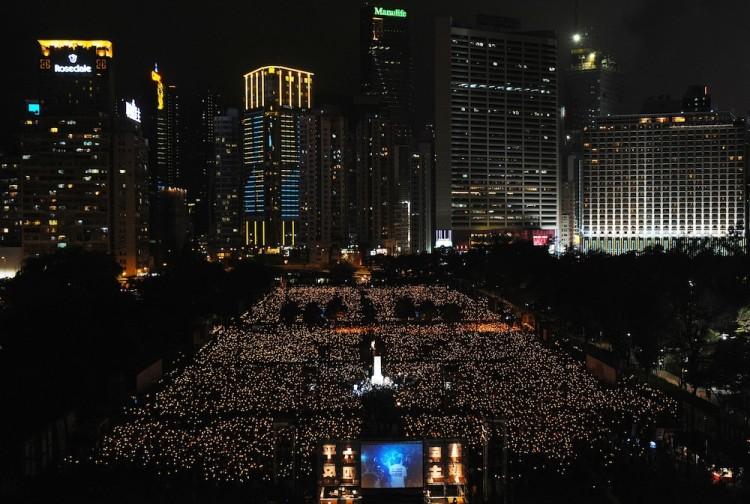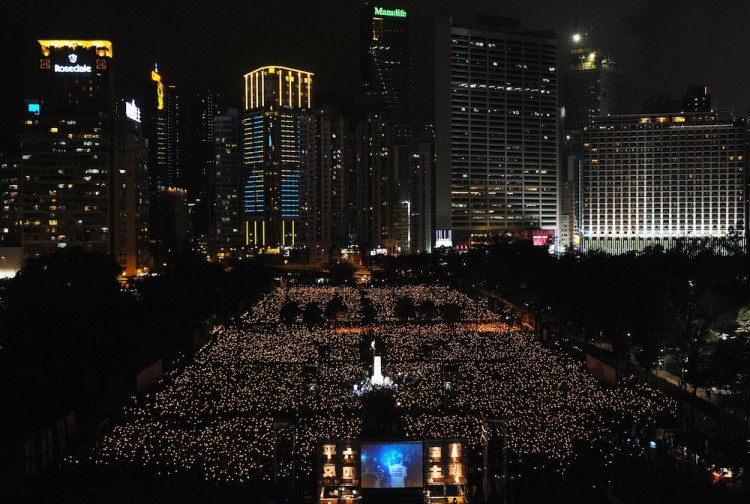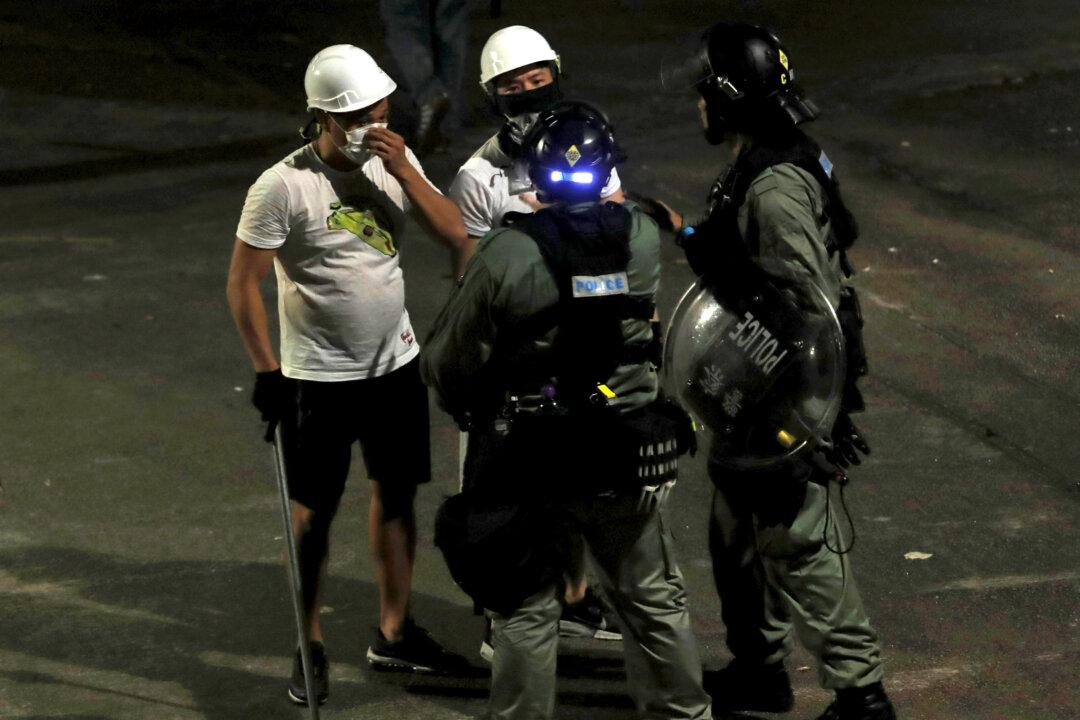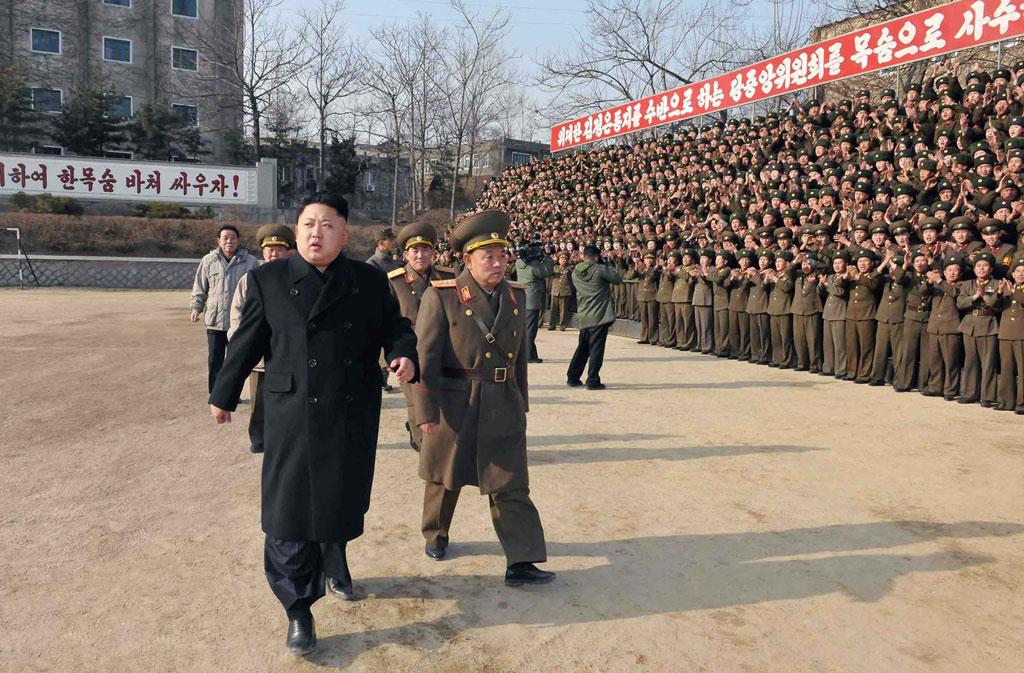Chinese Regime Under Pressure on June 4, Tiananmen Square Massacre Anniversary
On the 22nd anniversary of the June 4 Tiananmen Massacre, supporters of Chinese democracy held memorial activities around the world, demanding that China provide full accounting and free any citizens still serving sentences.
|Updated:





